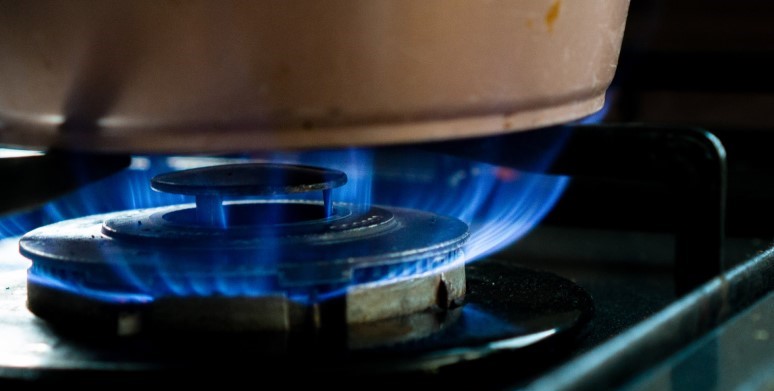
The European Commission proposes, among other things, a flexible peak limit for the gas price to reduce sky-high energy bills. In addition, EU countries must purchase 15 percent of their gas together, and there will be a new target price for gas.
The committee hopes this will bring the Member States, which have been a tug-of-war over, for example, a gas price ceiling for months, on the same page at a European summit later this week.
Citizens and businesses in the EU have sounded the alarm for months because they can no longer pay their gas and electricity bills. A majority of the EU countries want to tackle this problem with a maximum gas price, but they encounter resistance from the Netherlands and Germany, among others. The European Commission also does not want a price ceiling yet. They fear that suppliers might ignore Europe as a result, and the incentive to be economical with gas and electricity will disappear.
But the energy market is running wild, and the committee has acknowledged this for some time. The gas storage facilities have been filled with hanging and strangulation for big money, but that could become much more difficult next winter. And a way out of the energy crisis is not in sight now that the conflict with Russia, for example, is only escalating.
That is why the day-to-day management of the EU wants to intervene more vigorously. For example, it wants to level off “very short” peaks in the leading Dutch price index, TTF, if the need is met with a temporary “dynamic price limit”. In that case, gas may not be sold more expensive than this maximum on the Dutch gas exchange. Prices may also only move within specific values during the day.
In the meantime, the European market regulator is drafting a new target price for LNG (liquefied gas). It should be less influenced by Russia’s erratic and often sky-high pipeline gas price than the TTF. The commission hopes “that the market will then accept that benchmark as representative”, says a senior EU official. He does not yet want to mention amounts that the committee would think.
The EU countries must also purchase 15 percent of their gas together. This allows them to negotiate a lower price, the committee expects. However, she does not think it is wise to do more than that because spread purchasing also makes it less dependent.
EU leaders will discuss the commission proposals in Brussels on Thursday. Opinions are still far apart. The generous support measures announced by, for example, Germany and the Netherlands have also been accused of showing little solidarity with poorer Member States.
The interventions proposed by the committee do not immediately have a direct impact on the energy price. But by showing that the EU intervenes, the markets will calm down, Brussels hopes.
